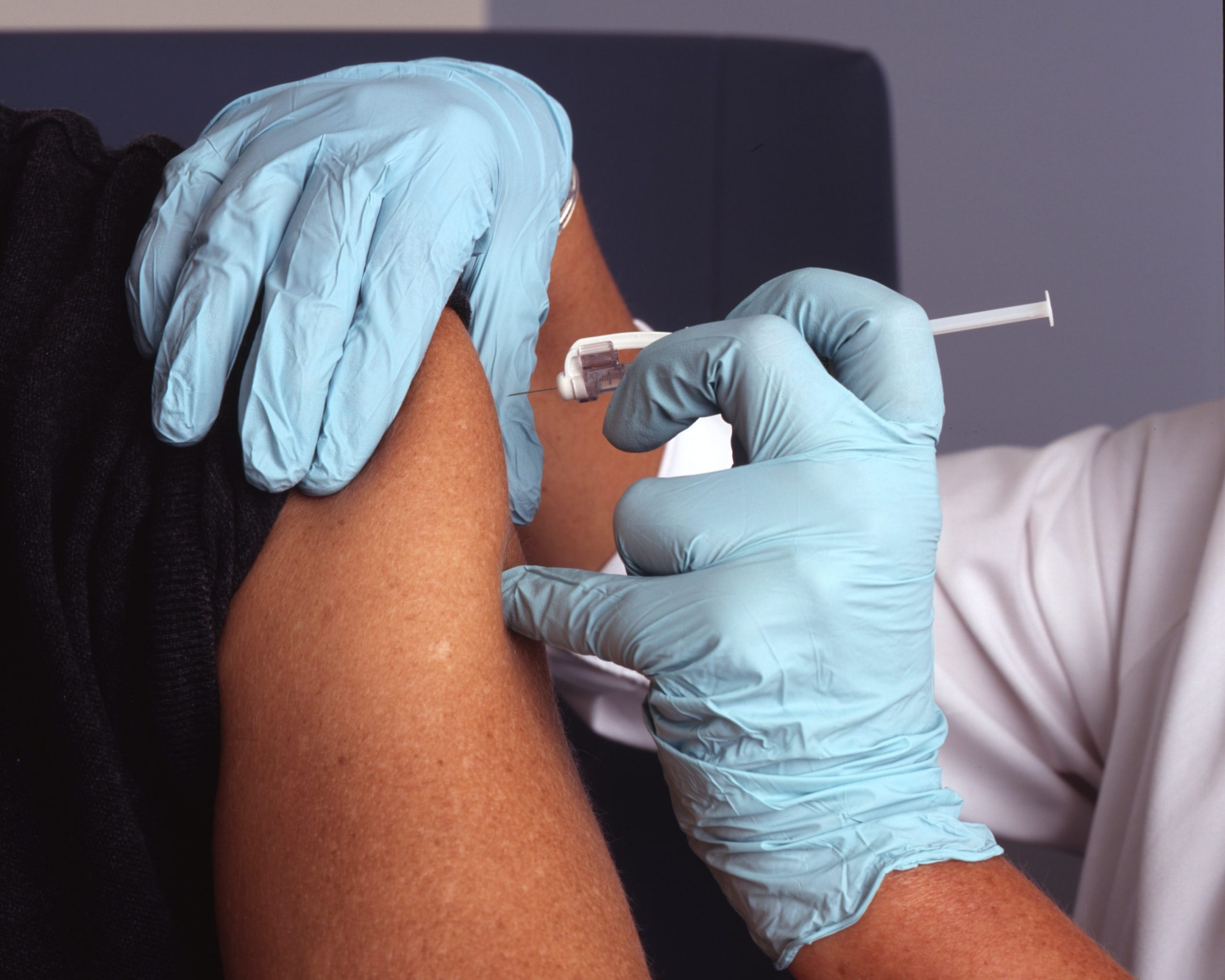Medics in Lebanon have warned of an increase in daily infections due to the highly contagious Delta variant.
Lebanon has received 31,250 doses of the Pfizer-BioNTech vaccine along with an aid package from the Qatar Fund for Development [QFFD], the fund announced on Monday, as part of efforts to support the country battle the coronavirus pandemic.
“This aid comes as an extension of the State of Qatar’s commitment to stand with the friendly and brotherly countries affected by this pandemic,” QFFD said in a statement.
The Qatari entity has been providing Lebanon with aid to alleviate the suffering of people living under the country’s economic, political and health crises.
In June this year, the QFFD said it will provide 400 Lebanese students with scholarships to study at the American University of Beirut [AUB] as well as Palestinian and Syrian refugees in the country.
The QFFD also pledged to help rebuild Lebanon’s Karantina hospital in Beirut after it was destroyed in the devastating 4 August blast, one of the largest explosions in history.
Lebanon is struggling to battle its worst economic crisis in years, which further worsened following the coronavirus outbreak as well as the deadly explosion at Beirut port.
According to the World Bank, the financial crisis could rank among the world’s three worst since the mid-1800s, with the Lebanese currency losing more than 90% of its value in the black market amid a spike in unemployment.
Meanwhile, Lebanese are also struggling with fuel shortage, with many waiting in long lines at petrol stations to fill their cars. Lebanon’s producer Électricité du Liban [EDL] has faced difficulties in supplying the country with electricity.
Pharmacies have also run out of medicine and baby formula, forcing the public to ration the products.
There has also been a surge in daily infections recorded in the country, with medics concerned over the spread of the highly contagious and more severe Delta variant amid Lebanon’s fragile health system.
The dire circumstances have forced hundreds of healthcare workers to leave the country, leaving many hospitals understaffed.
As of Monday, Lebanon began imposing limits on entry to restaurants, cafes, pubs and beaches for those who hold coronavirus vaccine certificates or those who have taken antibody tests.
The decision came after health authorities recorded around 1,104 positive cases on Thursday despite earlier reporting a drop in infections following a total lockdown enforced in January.
Vaccine scarcity in Lebanon has also been an issue, around 18% of the population fully vaccinated.
On Monday, Lebanon recorded 1,147 new cases, bumping the country’s total confirmed cases to 562,527.
Three new deaths have also raised the total coronavirus fatalities to 7,909.
Follow Doha News on Twitter, Instagram, Facebook and Youtube







